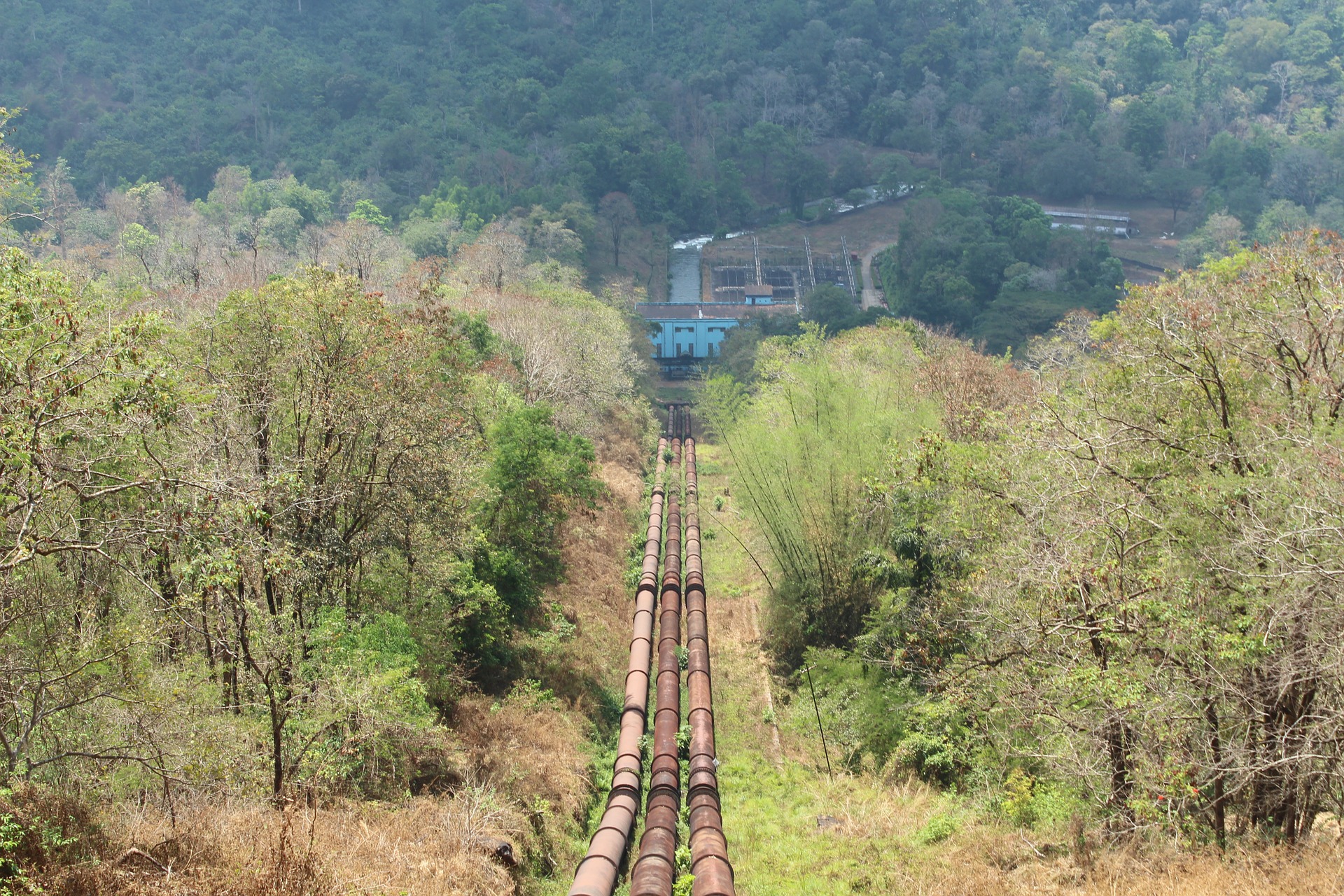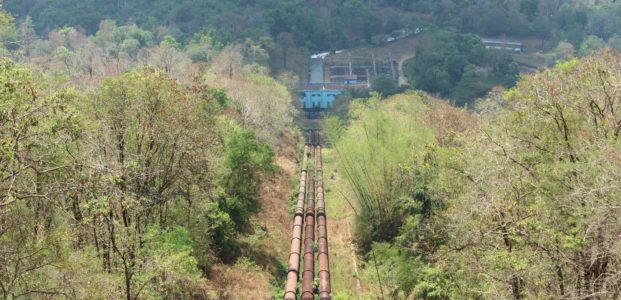Introduction
The defence of necessity has gained new relevance in the 21st century after climate change activists in the United Kingdom and the United States successfully raised the defence against charges arising from interference with fossil fuel infrastructure. As climate change is increasingly recognized by political leaders as a “crisis” or “emergency”, these arguments will only continue to gain in moral force if not legal force. However, a recent decision from the British Columbia Supreme Court points to barriers that climate change activists and counsel will face if they attempt to bring this legal strategy home to Canada.
This decision is one of many arising from an injunction against interference with the marine terminals for the Trans Mountain Pipeline project in Burnaby, British Columbia. Jennifer Nathan and David Gooderham were arrested for criminal contempt of court after blocking access to the terminals where work is taking place in preparation for the pipeline expansion. Each of the defendants was found to be in violation of an injunction restraining protestors from physically impeding the plaintiff, Trans Mountain Pipeline ULC (“Trans Mountain”), from accessing the terminals. The defendants were both aware that the construction of the pipeline was lawful at the time of their arrests—having been authorized by a federal Order in Council—yet they intentionally disobeyed the injunction to draw attention to its opposition.
Nathan and Gooderham based their defences on the anticipated growth of oil sands production in Canada and the projected increase of carbon dioxide and other greenhouse gas emissions such projects will entail. They argue that the proposed expansion of the Trans Mountain Pipeline runs contrary to Canada’s emissions reduction goals. They also expressed the concern that this project will serve to justify further growth in Alberta’s oil sands in order to capitalize on the investment. The defendants point out that Canada’s oil and gas sector—which includes the oil sands—is Canada’s largest emitting sector and accounts for 26% of all carbon emissions nationwide. They contend that without production cuts in this sector, Canada will not meet its overall emissions reduction goals, which in turn will imperil citizens’ rights “to a stable climate within which life may be maintained.” For these reasons, Nathan and Gooderham argue that their unlawful interference with Trans Mountain’s construction activities ought to be excused because it was done out of necessity.
The Defence of Necessity
Historically, the defence of “necessity” has been permitted in Canada in instances of “imminent peril”. The defence was outlined in detail in the Supreme Court of Canada’s 1984 decision in Perka v The Queen (citation). The Supreme Court said the defence is valid if the accused’s illegal actions can be reasonably viewed as necessary to stop a greater evil. The Court also stated that necessity as an excuse “rests on a realistic assessment of human weakness, recognizing that a liberal and human criminal law cannot hold people to the strict obedience of laws in emergency situations.”
More specific criteria for a successful defence of “necessity” was also clarified in this decision. Firstly, it was said that the unlawful actions must be a reaction to an imminent threat. Secondly, there could not have been a legal alternative—in other words, the illegal actions must have been the only available solution. Thirdly, proportionality must be taken into account in the sense that the unlawful act must be a lesser evil than the outcome that was avoided.
In this case Justice Affleck rejected Nathan and Gooderham’s argument that they were responding to “clear and imminent peril”. He accepted that they had a subjective belief that “without immediate remedial action, climate change will become irreversible and catastrophic damage to life on this planet will be inevitable”. However, Justice Affleck found that while it might be “foreseeable” or “likely” that government, industry, and citizens will fail to take adaptive societal measures to prevent such a dire outcome, this falls short of the objective “virtual certainty” required for this defence. Justice Affleck also pointed to past jurisprudence in British Columbia that suggests the defence of necessity cannot be raised in defiance of an injunction.
As neither Nathan nor Gooderham had tried to get the injunction varied or set aside, Justice Affleck also rejected their argument that there was “no reasonable legal alternative”. He noted that the Trans Mountain Pipeline’s approvals could be politically challenged through the democratic process or legally challenged by way of judicial review, pointing to the successful challenge brought by others to the Federal Court of Appeal. In light of these findings, the defence of necessity was rejected in this case.
Going Forward
Gooderham has publicly stated that he intends to appeal this decision. As this case has shown, civil disobedience may be seen by some as necessary to avoid a greater threat given the imminent peril of anthropogenic climate change. This threat is very real and its implications are accepted more widely than ever before. If clear evidence is available to demonstrate that additional fossil fuel infrastructure like the Trans Mountain Pipeline expansion will significantly exacerbate these effects, a defence of “necessity” could have a chance. Yet while their actions may fall within the broader principles encompassed by the defence of “necessity”, they will likely continue to face difficulties in meeting its more specific requirements, as Justice Affleck found. It could be argued that the most dangerous effects of climate change are not immediate enough to constitute an imminent threat. Moreover, a court may have difficulty accepting that breaching an injunction is the only possible response to further oil and gas development, as was found in this case.
The reality is that no Canadian court has accepted the defence of “necessity” in a case of environmental activism to date. That said, success in obtaining an acquittal does not seem to be the main priority of Gooderham, who is a retired lawyer. He intentionally violated the injunction so he could try to apply the defence of “necessity” in this case. Gooderham brought Justice Affleck’s attention to analogous cases from Minnesota and the United Kingdom where courts ruled that the defence was available based on similar arguments. If his appeal proceeds, the British Columbia Court of Appeal will have an opportunity to further consider whether the defence is available in Canada as well.
Of particular note, the Minnesota Court of Appeal has allowed the defence to be put to a jury for defendants who engaged the emergency shut off valve of a pipeline that was also transporting oil from Alberta’s oil sands. In a statement from one of the defendants—another retired lawyer—she said: “I am encouraged to see that courts across the country seem increasingly willing to allow the necessity defence in climate cases.” Like Gooderham, her invocation of this defence appears to be aimed at bringing greater attention to the consequences of climate change within the court system.
If common law courts outside of Canada remain willing to contend with the defence of “necessity”, this legal justification may have greater opportunities for success at home.


